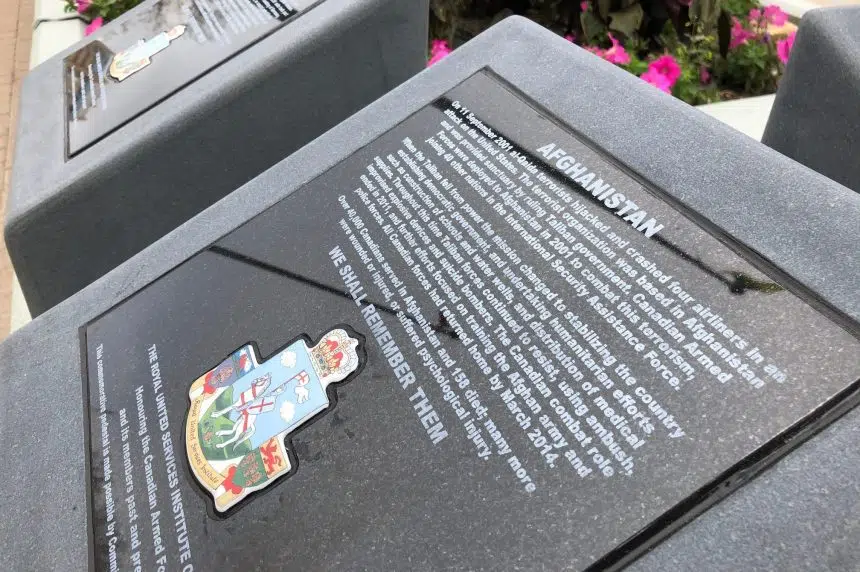A veteran of Canada’s longest war, Regina resident Jody Salway has not forgotten the help he received from Afghan nationals who assisted the Canadian Forces.
“I don’t think we would have gotten quite as far without them. They were highly reliable,” Salway said.
Salway was deployed to Kandahar in 2006, serving in combat operations for seven months. He said at Kandahar Airfield, Afghan nationals held jobs that ranged from cleaning to doing mechanical repairs.
But the work that stood out to him was done by interpreters who would monitor radio chatter and provide valuable intelligence on Taliban fighters. As well, they helped coalition forces build relationships with the locals, walking them through the cultural norms and mores.
As the country falls back under Taliban control following 20 years of Western intervention, Salway wonders where the exit strategy was for the people who collaborated with them and are now being targeted by the new government.
“They took care of us and we failed them. They deserve more and they needed more,” he said. “And unfortunately, now they’re stuck in a country, it’s ruled by people who will probably just systematically hunt them down and kill them.”
Salway said the identities of these people were well-established so he was confounded by the onerous process they faced to flee the country. He said interpreters had to complete “pages and pages of information” to facilitate immigration to Canada.
“Why are we making them jump through all these administrative loops when the infrastructure in that place is collapsing quite quickly? Do they have access to Internet to send all this stuff off? Snail mail … do you think that they’re just going to start putting these papers in the mail?” he said.
While he was serving in the country, Salway said the objective was to stabilize the country until a government could be established. However, he realized that was going to be “a harder hill to scale” than first thought.
Of the Afghan National Army, Salway was generally complimentary, but he called the National Police “very crooked.” As for the politicians, they “were just the existing warlords of the area.”
“There (were) a lot of forces working against us the whole time,” he said. “So that was kind of an indicator that it had a long journey ahead of itself.”
Looking back, Salway questions why 158 Canadian soldiers had to die in the country. Frustrated by the work that has become undone, he takes solace in providing time, a “buffer,” for people to attend school and live in relative peace.
“But you know, I can also take grace and some comfort in the fact that we were given a mission over there and as Canadian troops, we carried that mission out to a very, very high standard,” he said.
“I am frustrated that this wasn’t a soldier’s error. This was a political error, leaving them behind. But I still would have liked to have seen more done.”











